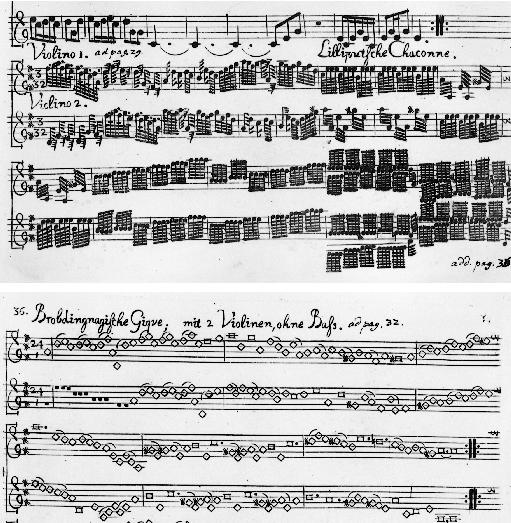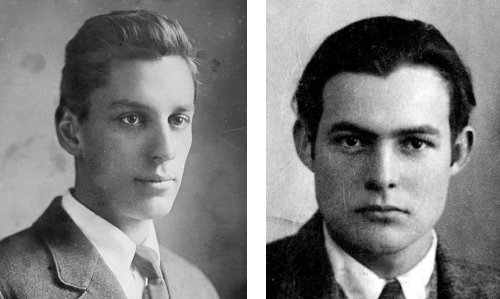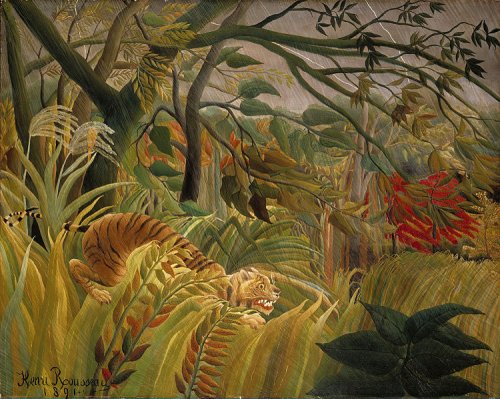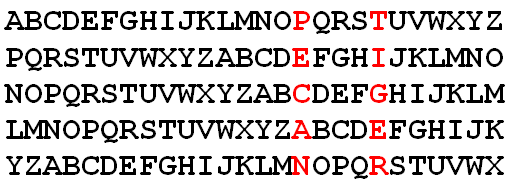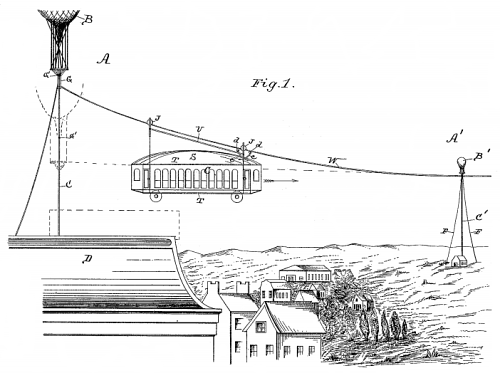John Train’s Most Remarkable Names reports that Chazy Lake, N.Y., has a resident named Constant Agony.
In Stories on Stone, Charles L. Wallis notes that a tombstone in Hood River, Ore., reads:

In The American Language, H.L. Mencken mentions an Indian chief in the northwestern U.S. named Unable-to-Fornicate. “And I once knew a Siletz who insisted with firm complacency that his name, no matter what anybody thought it, was Holy Catfish.”


